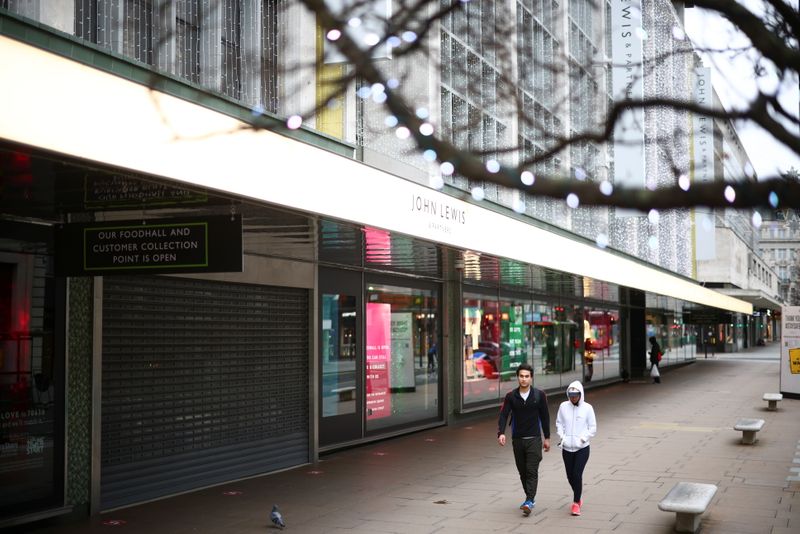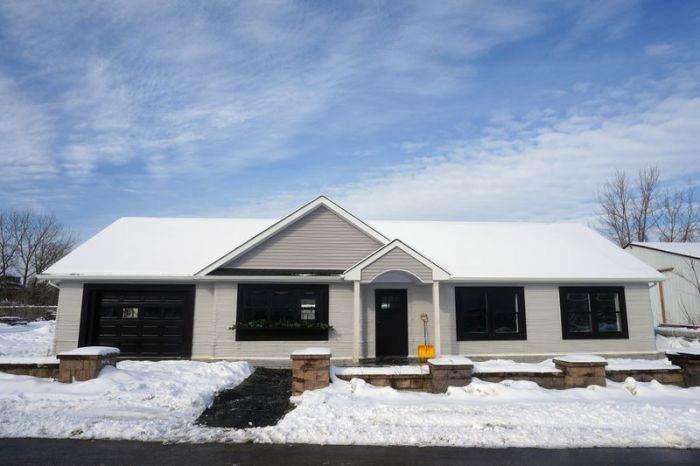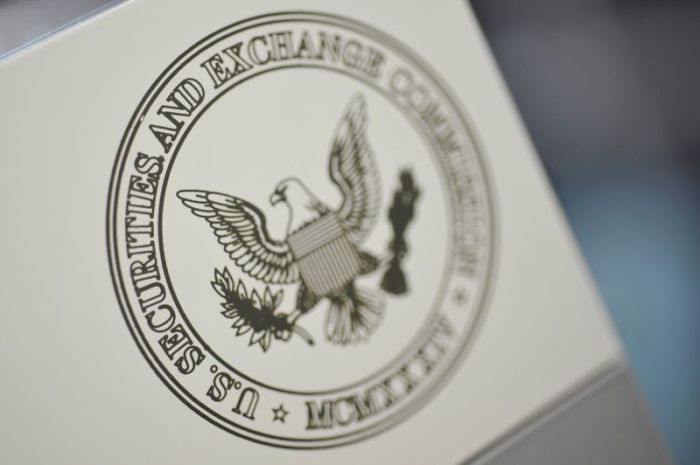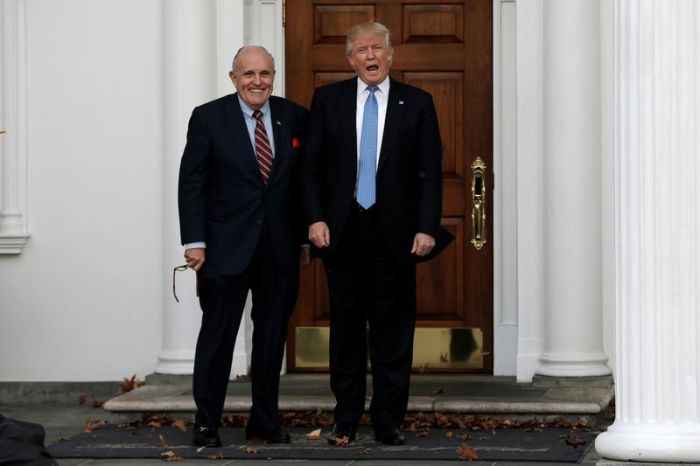LONDON (Reuters) – British inflation edged up in January as consumers hunkered down with new sofas and duvets and spent more on food, video games and other home entertainment as they went into a third national coronavirus lockdown.
Annual consumer price inflation rose to a three-month high of 0.7% last month, and many economists expect it to overshoot the Bank of England’s 2% target later this year as temporary tax cuts and a cap on household fuel bills expire.
“That would knock on the head any lingering hopes of more policy stimulus from the Bank of England, although we doubt it would prompt tighter monetary policy, either,” said Paul Dales, chief UK economist at Capital Economics.
Customs fees and transport disruption caused by new post-Brexit red tape might also push up prices, though the Office for National Statistics said it saw no evidence of this yet.
Yields on 10- and 30-year British government bonds extended their recent climb and briefly hit their highest since March 2020 after Wednesday’s data. Inflation worries have lifted yields globally as investors prepare for more fiscal stimulus in the United States.
Economists polled by Reuters had mostly thought the consumer price index would hold at December’s 0.6% increase.
Food and drink prices rose by 0.6% from December to January, compared with a 0.2% fall over the same period a year earlier. Furniture and household goods prices dropped by 1.5%, a smaller decline than a year earlier at a time of year when there are normally big seasonal sales.
The costs for “games, toys and hobbies” was 3.4% higher than a month earlier, adding materially to overall inflation.
By contrast, clothing and footwear prices fell by the most between December and January in seven years as retailers, with their stores closed, tried to offload stock.
The shift to working and relaxing at home has also fed through into greater demand for housing, accelerated by a temporary tax break that is due to expire on March 31.
House prices in December were up by 8.5%, the ONS said, the biggest annual increase in over six years. Later private-sector data has pointed to a cooling in prices as the end of the tax break nears.
INFLATION TO RISE, BOE TO WAIT
British inflation has been below the BoE’s 2% target since mid-2019 and came close to zero last year as the economy tanked.
The BoE expects it will accelerate in the spring as last year’s emergency cut in value-added tax for the hospitality sector expires and oil prices rise on expectations of recovery.
But the BoE has stressed it will be in no hurry to start removing its huge stimulus.
Samuel Tombs, at Pantheon Macroeconomics, said higher annual price rises for furniture and household appliances might reflect higher shipping and Brexit-related costs.
A core version of the CPI, which excludes volatile fuel and food prices, held steady at 1.4%.
Factory gate prices fell again, dropping by 0.2% on the year, but manufacturers’ input costs rose by 1.3%, the biggest increase since May 2019.
(Editing by Toby Chopra, Larry King)

























